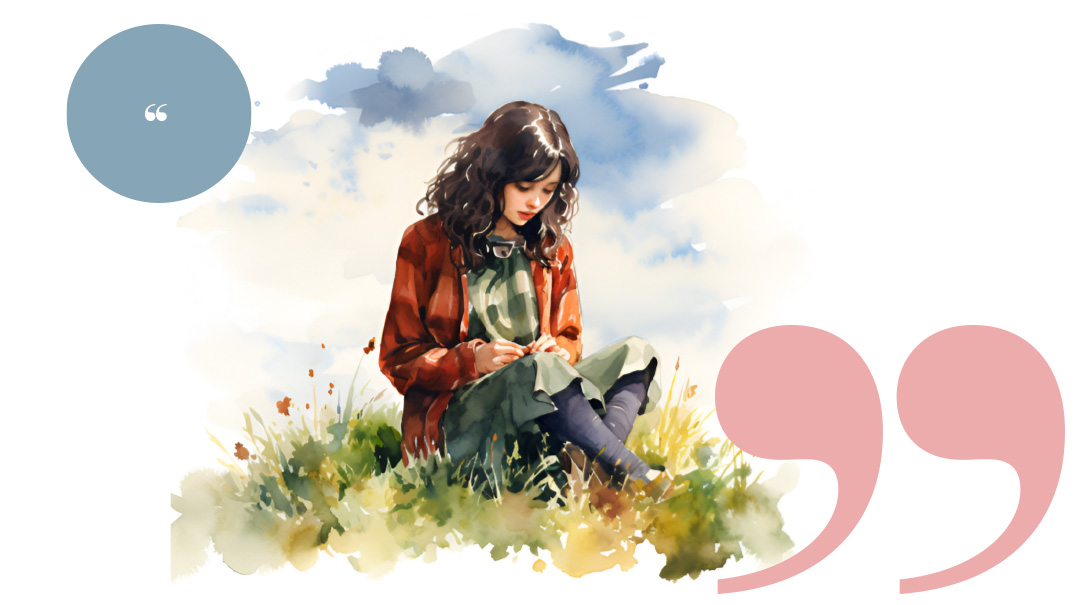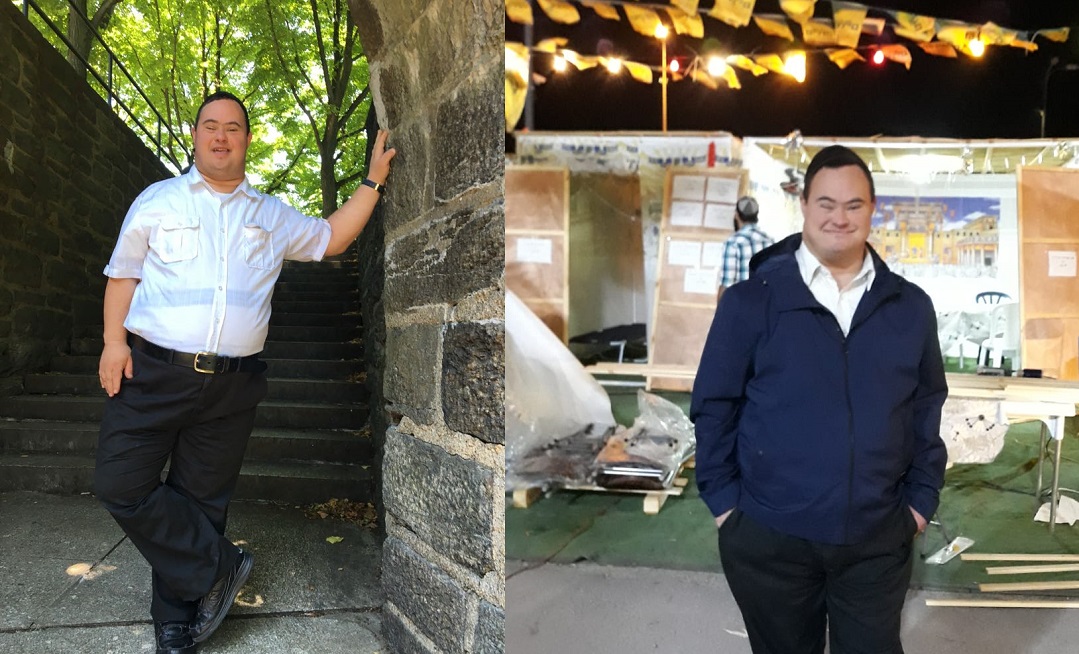Hello and Goodbye
| May 20, 2020Every loss bring sadness, every change requires a response
One of the unusual aspects of living six thousand miles away from most of your family is the fact that you only get to really know your younger relatives when they’re 18 years old and come to learn in Israel (if you’re lucky).
We first had the privilege of serving as a home away from home for my husband’s brother Avrohom. He and my husband were already close, but they got to bond again over long Shabbos meals and during weekday lunches when he’d drop by to do his laundry. He was followed by Shmuli, whom we enjoyed for four pleasant years.
A year later, we welcomed Miri, my youngest sister-in-law. While we’d spent time with her whenever we visited, those trips were a blur of people and whatever simchah we’d come for; they didn’t lend themselves to DMCs. Of course we knew her, but we didn’t truly know her.
Miri joined us for nearly every Yom Tov and many Shabbosim. Each Thursday, I’d work late and she’d take the kids to the park. My husband would help her with her reports, the kids enjoyed seeing her photos, and we’d schmooze about kollel, and Eretz Yisrael, and life. By the time she left, our relationship was richer and deeper.
Next, my first cousin came. We got to enjoy Raizy’s fresh insights and probing questions. We had spirited debates, and she won every game of Splendor we played.
Two years later, it was time for the next generation; our niece arrived. Soft-spoken Leah Dina instantly became a favorite Shabbos guest. She’d read the little ones endless stories, giggle with my girls. When my husband and I attended her wedding a year later, I felt so grateful we’d had that chance to connect.
This year brought us a terrific trifecta — three nieces came for seminary. It took just a short time for them to become comfortably woven into the weft of our life. Miriam joined us for a lot of Tishrei, and would often pop by for a few hours during the week. Her ringing laughter would fill the house. Shira would come for Shabbosim, bringing her warmth and ever-present smile. And Zahava was always the first to offer to help, a steady presence in the kitchen.
We were enjoying our time with them, relishing the burgeoning relationships, until one week in March it came crashing to a halt. Coronavirus was spreading, and seminaries were closing. “I’m leaving on Sunday,” Miriam wailed to my daughter late Thursday night.
On Friday, I made a batch of blondies. There wasn’t even enough time for it to fully bake; I scooped gooey chunks into a container as my daughters ran to catch a bus to the seminary so they could say goodbye. Monday, the scene repeated itself with Shira, moments before she headed to the airport. And Zahava was gone before we managed to see her.
Now, they’re back home, their abrupt departure leaving us feeling saddened and cheated. And we’re just the relatives. For the girls themselves, the startling transition from the seminary cocoon in Yerushalayim to lockdown back home can be challenging.
This week, Batya Weinberg, a seminary teacher with decades of experience, addresses the issues that may be cropping up, offering direction and encouragement. Coronavirus has caused so many ripples in our lives. It’s easy to feel foolish about mourning the small splashes when others are dealing with a tsunami. But every loss bring sadness, every change requires a response. And it’s only by being honest about our inner reality that we can channel turmoil into growth.
(Originally featured in Family First, Issue 693)
Oops! We could not locate your form.






